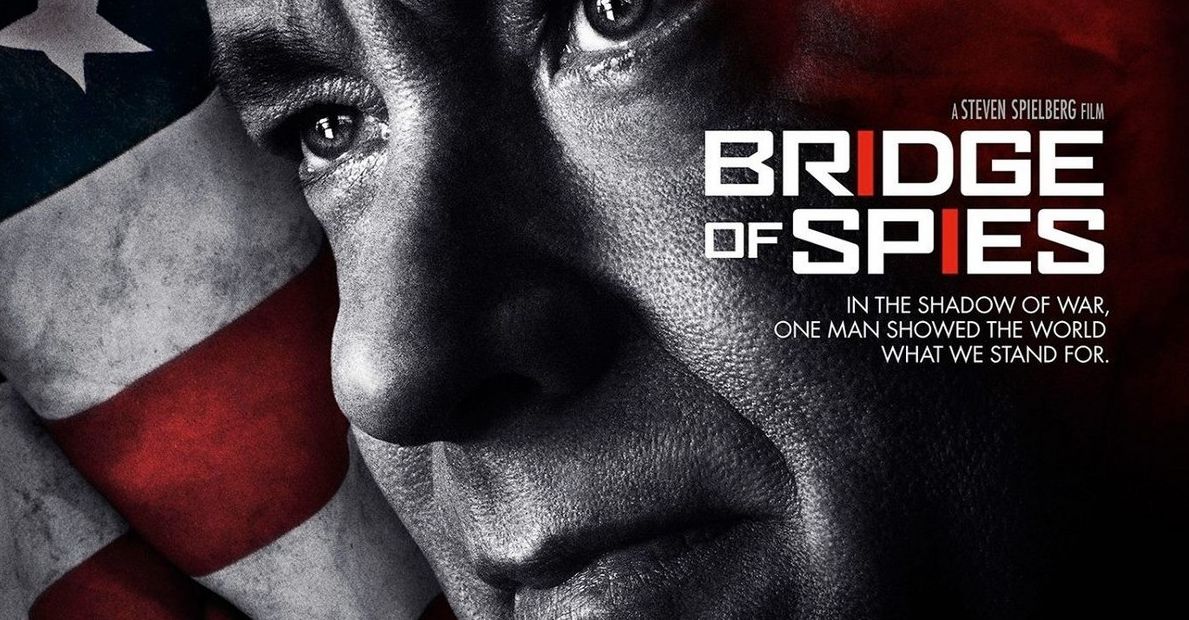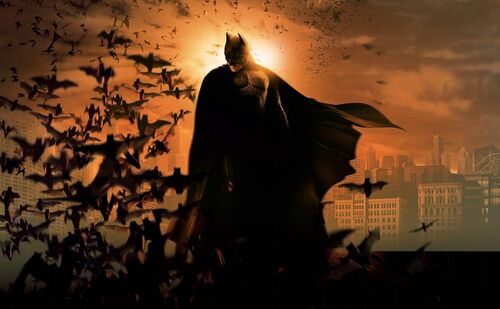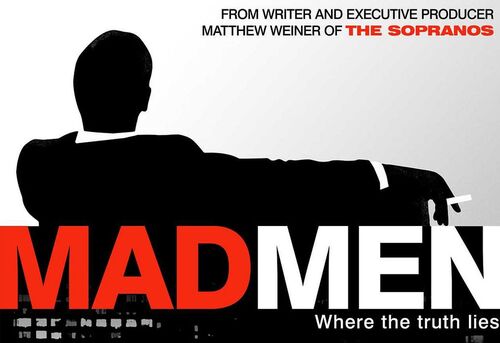
Bridge of Spies (2015) Film Review
 Bridge of Spies is a basic story. It's a premise that isn't altogether original (recalling To Kill a Mockingbird at times; a prime example), and it's characters are straight-forward. But neither of these are negatives. In fact, despite how it may sound, they're resounding positives in a film full of them.
Bridge of Spies is a basic story. It's a premise that isn't altogether original (recalling To Kill a Mockingbird at times; a prime example), and it's characters are straight-forward. But neither of these are negatives. In fact, despite how it may sound, they're resounding positives in a film full of them.
Tom Hanks is incomparable as a seasoned actor, and his performance as James Donovan, a insurance attorney who is reeled back into criminal law with a heavily publicised case and client, is magnificent. The character is basic, but not in the way it sounds. instead, he has quite clear, concise beliefs. He is a humanitarian. He believes all people are equal and deserving of fair treatment within the confines of the law, and it's this undying belief that guides every action he takes, even when he's out of his depths.
Hanks supplies what the quality script demands. Donovan is strong in belief, though very much an everyman. Director Steven Spielberg has mastered taking a character and placing him in the midst of powers far greater than any one man can handle. But those characters always find a way, in a way that does justice to the story that's being told. The script by the Coen brothers, as well as Matt Charman, is intricate, with symbolic gestures that don't bother to hide. Spielberg, often associated with the fantastic and other-worldy, shows again that he can tell intricately woven tales digging deep into the heart of reality.
Donovan's repetitiveness and notably throughout the film his overuse of numbers in getting his point across are examples of the script's emphasis on the man, and not the idea of one. The character is the classic depiction of someone who, in real life, would probably be a bother to his superiors. It's that kind of nuance that brings the character truly to life on the screen. So too does the film take its symbolism to represent a people, or a nation, though here it probably leans too heavily against the Russians, overtly focused on outing their military as the other, or the enemy (here, it seems the script demands it). Near the end of the film, Donovan rides a train, another image that reoccurs throughout, and instead of attracting hateful stares from commuters, he receives just one look, a woman who might be appreciative somewhere behind her blank stare. That, on top of his often disapproving wife's smile near the end as her husband lies on their bed, is somewhere in between rewarding and tacky, fortunately earned by the character's honest trials throughout the film.
Bridge of Spies is a moody, almost noir-inspired thriller, never reliant on any forced action sequences, instead allowing its characters and their interactions to drive the narrative. The story largely, but not entirely, centres on Donovan and Soviet spy Rudolf Abel's relationship. Donovan is approached to represent Abel in the court of law, though there's never any intention that Abel would be spared the harsh judgment of America's legal system. It's to show that everyone gets 'due process'. Whether Donovan's outwardly good nature is outdated or very much needed in today's antihero pop culture climate is a matter of perspective, though there's no doubt it's done well.
Abel is a man who is unfazed as to his own fate, and is played with suitable indifference by Mark Rylance. Rylance is stoic, humourless to the extent that it's humourous. His quizzing Donovan of "would it help?" throughout the film makes for a script that maintains a very balanced kind of humour, lightening a grim mood and creating a dynamic between the two characters that's a joy to watch. When Abel vanishes from the screen for most of the second half of the film, it loses some of its edge. Its direction changes to make way for a man who falls even further out of his depths as he crosses enemy lines. The political web that Donovan spins late in the film starts to step into far-fetched territory, and in fact the film seems blasé about the particulars getting in the way of the character's mission.
From desks to empty streets, the film is gorgeous to look at. As Donovan struggles through the snow, we're less sympathetic than we are happy spectators to the gorgeously realised visuals. Donovan's confidence ebbs and flows, and Hanks adds gravitas to every instance in which Donovan loses and then finds himself in the heat of verbal battle. It's these battles that make the bulk of the film, broken up by sequences in which we're shown glimpses of the U.S. military, as well as other official locales. Primarily, we're introduced to a group of young soldiers, one of whom (Francis Gary Powers, played by Austin Sowell) is captured flying a plane through the enemy's land.
These scenes are far less powerful, either a testament to Hanks' presence on the screen or a cross against the script. The characters are introduced with a lack of commitment that it seems solely a necessity. The coin-with-the-pin trick though plays an apt role in the proceedings, on more than one occasion. It's the care in which visual, as well as aural, cues are crafted that propel this from a standard tale of espionage. Dialogue, particularly in the final two acts, is stellar, with lines that read poignantly enough to seat you upright at its delivery ("We need to have the conversation that our governments can't" being one particularly memorable one). Spielberg finds the right balance between cinematic and reality to craft a film that feels saturated in real life dilemma but with enough thematic kick to avoid falling into dull territory.
It's interesting to note the efforts that are taken to make these characters feel like real life ones, even if their conduct is far beyond our own every day activities. But these efforts can mean far more in the greater scheme of things (though only to us that think too much about this stuff). Take Abel, who in the early part of the film is introduced to us as an aging man, hardly someone we'd consider a spy, walking slowly down the street and taking a handkerchief out to wipe his nose every so often. This is a trait that is continuously highlighted. This old man is in a foreign country, but we don't know it. He's an enemy of the state, but we don't know that either.
Then jump to the final act, in which Donovan has succumbed to a travelling cold, and he sniffs for much of the time he's on the screen. And then the film picks up the visual cue. This time, Donovan is taking that handkerchief out of his pocket, wiping his nose every so often. He's in a foreign country, but very few people know it. Delicacy is an integral ingredient in creating a film that feels both poetic and cinematic, the ability to install visual elements that build the narrative. In sport, they call them one-percenters. Here I can think of no better term, but it's the same concept.
Bridge of Spies ends on an uplifting note, nearly diminishing in its optimism, but deserving for its weary protagonist. Far more a period film than a spy one, if it has to be one or the other, Spielberg's latest effort owes plenty to its script, just as much to its set and costume design, but at the heart of the thing it's still his film. And it's very much an understated gem in 2015's showcase.


